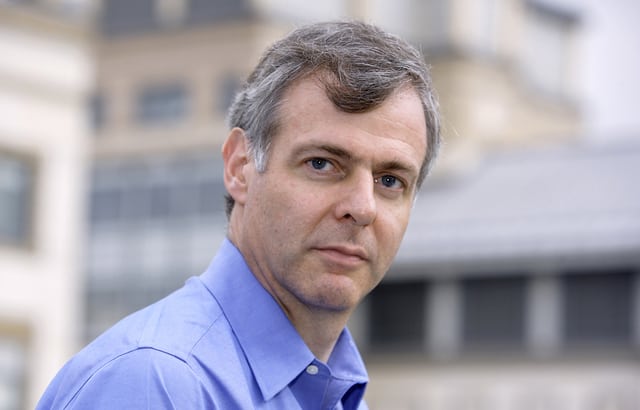Speaking at the Neptune UK Equities roadshow, the fund group’s chief executive said he is more worried than he has ever been about the income sector since launching his own fund in 2002.
The top 20 contributors to yield include companies such as BP, Astrazeneca, Provident Financial and Lloyds, and make up 57% of the UK equity income sector’s total yield.
Geffen owns 10 out of the 20 stocks in his £208m income fund, including Royal Dutch Shell, Rio Tinto and Unilever.

Source: Morningstar as at 31.05.2018
He predicts that in an environment of normalising rates, many of these firms will struggle to provide dividend cover as their earnings are squeezed.
The top 20 contributors currently have a dividend cover of just 1.04x. But Geffen notes their five-year earnings growth is -3.89% and their payout ratio is 95.5%, meaning they have little room to manoeuvre if earnings growth shrinks further.
“If we increase interest rates, 0.5% or by 0.75% which we’re going to do at some stage over the next year, then that payout ratio becomes unsustainable, the dividend cover falls below 1x and some of those companies will be in serious financial trouble,” Geffen said.
A report by The Share Centre published on Wednesday revealed dividend cover ratio among the UK’s top 350 firms more than doubled over the past year, from 0.8x to 1.8x.
Big tobacco will go bust
Geffen also took aim at equity income favourites British American Tobacco and Imperial Brands, predicting they will be ousted from the FTSE 100 in the next decade.
Historically, the pair of FTSE 100 tobacco stocks have been staples of equity income funds because of the generous dividend yields they provide.
He accused income managers of making a “lazy investment” by holding BAT and Imperial to prop up the yield of their funds even though the companies have “hit a brick wall in terms of global tobacco sales”.
Fifty-eight percent of UK equity income funds hold both tobacco stocks and 76% of funds in the sector hold at least one of them. The Neptune Income fund holds neither.
In recent years, they have seen sales in developed markets dive as stricter regulation and anti-smoking campaigns have deterred people from lighting up and have relied more heavily on revenue from emerging economies.
But Geffen does not think these firms can rely on sales in emerging markets for much longer either.
“Three years ago every politician you saw in Indonesian was smoking a cigar or cigarette, now none of them do. Now there’s a health awareness campaign.”
He also doesn’t believe their next generation products, vaping devices that are alternatives to cigarettes, will prove profitable because the money is in e-liquids, which are owned and distributed by smaller start-ups.
“Structurally, this industry is over,” said Geffen. “In 10 years’ time you won’t see any of them in the FTSE 100 anymore.”











